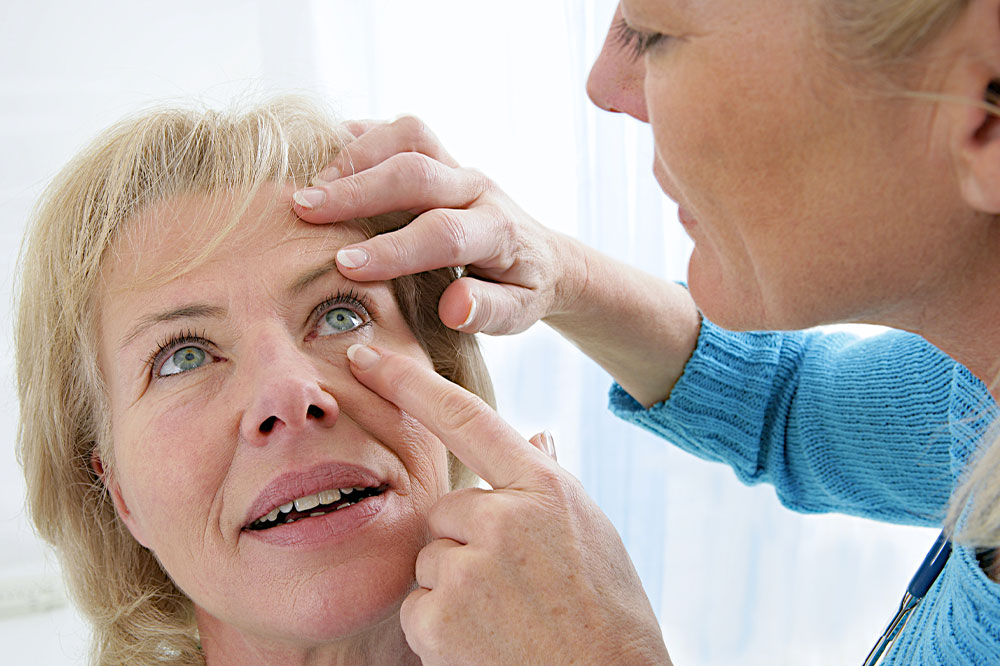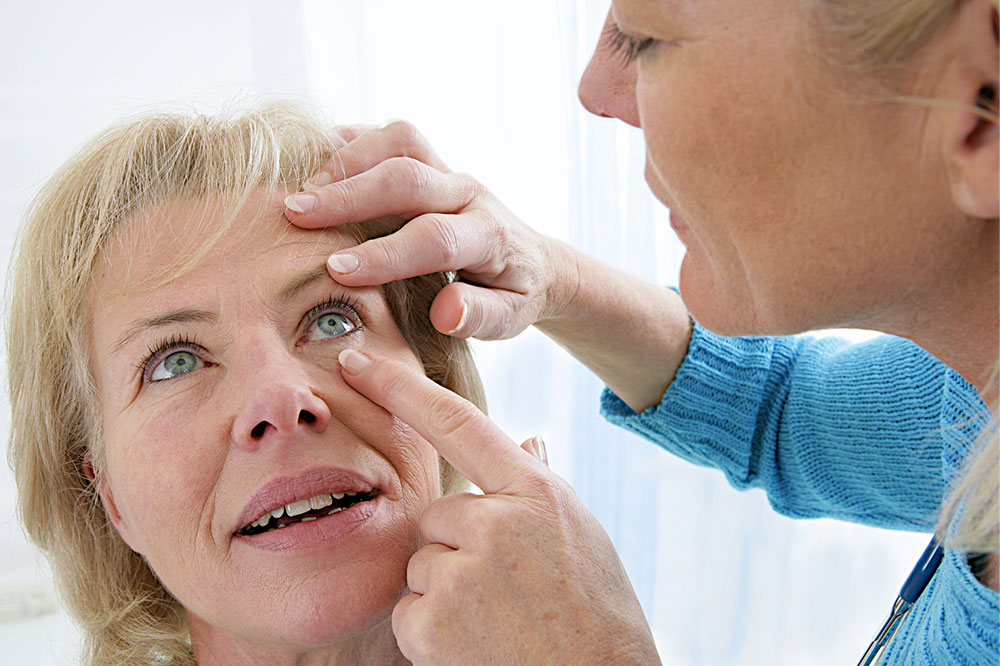Top 7 Approaches to Slow Down Macular Degeneration Progression
Discover effective strategies to slow the progression of age-related macular degeneration. Learn about eye-healthy diets, protective gear, blood pressure management, and the importance of regular eye check-ups to maintain optimal vision and prevent severe deterioration.

Top 7 Approaches to Slow Down Macular Degeneration Progression
Macular degeneration associated with aging (AMD) affects central vision, causing blurriness, difficulty recognizing faces, wavy lines, blind spots, and challenges in daily activities like reading and driving. It's a primary cause of vision loss in individuals over 50. Although reversing AMD isn't feasible at present, certain strategies can decelerate its progression and reduce symptoms. Experts suggest lifestyle modifications, dietary adjustments, and consistent eye examinations to manage the condition effectively.
Is reversal possible?
Currently, no cure exists to reverse AMD, but early intervention can help prolong visual health.
Outlined below are proven methods to slow the progression of AMD:
Know Your Family’s Eye Health History
Understanding your genetic predisposition is vital. Having relatives with AMD increases your risk. Watch for signs such as trouble recognizing faces, distorted lines, or difficulty adjusting to low light, which may indicate early AMD.
Follow a Nutrient-Dense Diet
Nutrition significantly influences eye health. Eating foods rich in essential vitamins and minerals can support retinal function.
Nuts and seeds deliver antioxidants that prevent cellular damage.
Dark leafy greens like spinach, kale, and collards contain lutein, zeaxanthin, beta-carotene, and vitamin C that may protect the macula.
Incorporating garlic and sulfur-rich herbs offers antioxidant support for eye lenses.
Omega-3-rich fish such as salmon, mackerel, and sardines may lower AMD risk.
Green vegetables like broccoli and peppers promote overall eye health.
Use Eye Protection Devices
UV exposure from sunlight can accelerate AMD. Wearing sunglasses with UV protection outdoors helps shield your eyes. Blue light emitted from screens can damage retinal cells; consult an eye specialist for appropriate blue light filters or glasses.
Control Blood Pressure Levels
Hypertension can impair ocular blood flow, worsening AMD. Regular physical activity, healthy dietary habits, salt moderation, and stress management tactics such as yoga or meditation are beneficial.
Conduct Frequent Vision Checks
Using tools like an Amsler grid at home helps identify early visual changes. Report any distortions or new blind spots to your doctor promptly.
Attend Routine Eye Appointments
Regular exams enable early diagnosis and management. Ophthalmologists can assess visual acuity and retinal health, providing timely interventions. Seek immediate care if experiencing pain, floaters, sensitivity, or sudden vision changes.
Create a Management Strategy
After diagnosis, your healthcare provider may suggest supplements, eye drops, or laser treatments to slow AMD. While not curative, these measures can help preserve existing vision.


